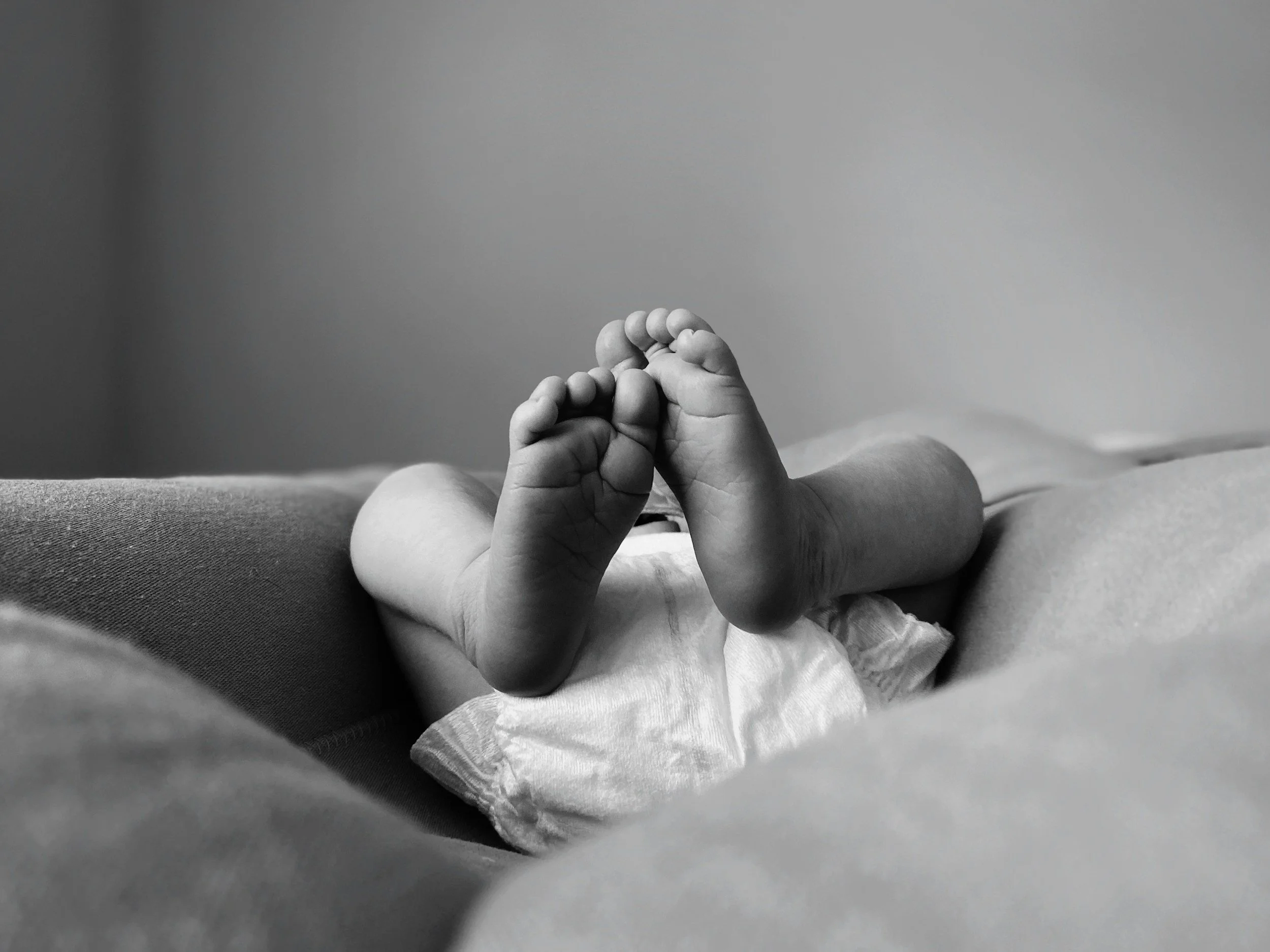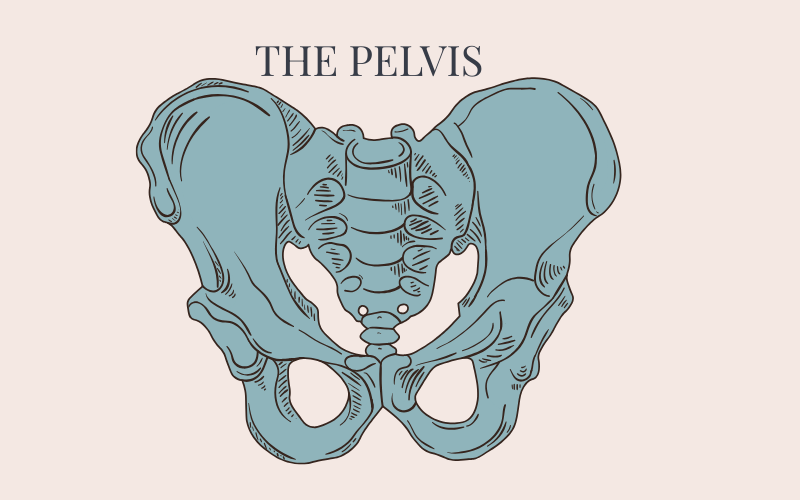
Understanding hCG and Progesterone: Your First Pregnancy Hormones
When you first become pregnant, your body undergoes a remarkable hormonal transformation — a delicate, finely tuned process that sustains early pregnancy and supports the development of new life. Two key hormones take the lead in these first crucial weeks: human chorionic gonadotropin (hCG) and progesterone. Understanding their roles helps explain everything from positive pregnancy tests to the early pregnancy symptoms many women experience.

The Truth About Private Pregnancy Scans: What the Latest BBC Report Means for You
A recent BBC News investigation has put private pregnancy scan clinics under the spotlight, revealing serious concerns about unregulated providers giving false reassurance and missing critical issues in pregnancy.

Water Birth: A Complete Guide to Birth Pools
For many parents, the idea of labouring or giving birth in water feels instinctive — calm, private, and deeply soothing. But what are the real benefits? Are there risks? And how can you set up a birth pool safely at home?

What Is an Epidural? A Complete Guide for Expectant Parents
When it comes to labour pain relief, epidurals are one of the most talked-about — and misunderstood — options. Many expectant parents aren’t sure how they work, what to expect, or how they might affect birth.

Why Your Hips, Back, and Posture Feel Different After Having a Baby
You carried life. You grew and birthed an entire human being. So it’s no surprise that your body — especially your hips, back, and posture — feels different after having a baby. But while many mums brush this off as “just part of motherhood,” the truth is that these changes often have a clear physical cause… and support is available to help you feel strong and comfortable again.

The Four Phases of Your Cycle and How They Affect Conception
Understanding your menstrual cycle is one of the most powerful tools in fertility awareness. Many women are unaware of the intricate hormonal and physiological changes that occur each month, yet these changes play a crucial role in conception. This guide will break down the four phases of your cycle, explain the science behind them, and offer practical insights for women trying to conceive.

How the Brain Remembers Birth: The Science of Emotion, Memory, and Meaning
Birth is more than a physical process — it’s a profound neurological and emotional event.
Every birth, no matter how it unfolds, leaves an imprint.
Some parents recall moments of strength, euphoria, or deep connection; others remember fear, confusion, or intensity. Many hold both.

Why Oestrogen Crashes After Birth (and How to Support the Rebuild)
After birth, your body undergoes one of the most dramatic hormonal shifts it will ever experience. In the space of a few days, levels of oestrogen — which were sky-high throughout pregnancy — plummet to almost pre-pregnancy levels.

When Plans Change: Staying Grounded Through Unexpected Birth Decisions
No two births unfold the same way — and sometimes, even with the best preparation, things change. Labour can take an unexpected turn, a care plan may shift, or interventions might be recommended faster than you imagined.

Understanding Different Nipple Types and Their Impact on Breastfeeding
When it comes to breastfeeding, no two nipples are exactly alike—and that’s completely normal. Just like our fingerprints, nipples vary in size, shape, and elasticity. While most parents will be able to breastfeed without difficulty regardless of nipple type, understanding your own anatomy can help you feel more confident, troubleshoot early challenges, and find positions and techniques that support an effective latch.

Vitamin B12 in Pregnancy and Postpartum: Why It Matters More Than You Think
When it comes to pregnancy nutrition, iron, folate, and vitamin D often take the spotlight — but there’s another nutrient that deserves just as much attention: vitamin B12.
This powerhouse vitamin supports everything from your baby’s brain development to your own energy, mood, and recovery. Here’s what every parent should know.

Birthing the Placenta: What to Expect and What You Need to Know
When we talk about labour and birth, most people’s minds jump to the moment the baby arrives. But labour isn’t truly complete until the placenta has been birthed. This third stage of labour is just as important as the first two—and understanding your choices, what might happen, and how it’s managed can help you feel calmer and more prepared.

The Pelvis in Pregnancy and Labour: Structure, Function and Adaptation
The human pelvis plays a central role in pregnancy and labour. It forms the bony passage through which a baby is born, while also adapting throughout pregnancy to support the growing uterus. Understanding the anatomy and function of the pelvis can empower women and birthing people to approach labour with greater knowledge, confidence and trust in their bodies.

Pressure Points of Calm: Reflexology’s Role in Pregnancy
Pregnancy is a time of profound change — not only physically, but emotionally and mentally. Many expectant mothers explore complementary therapies to ease discomfort, reduce stress, and prepare for birth. Among these, reflexology has gained particular interest as a gentle, non-invasive option. But what exactly is reflexology, and what does science say about its role in pregnancy?

Pregnancy Brain: What Science Says About Forgetfulness and Focus in Motherhood
If you’ve ever walked into a room while pregnant and forgotten why you went there—or found yourself searching for your keys while holding them—it’s tempting to blame it on “pregnancy brain.” But is this foggy-headed feeling just a cultural myth, or is there real science behind it?

